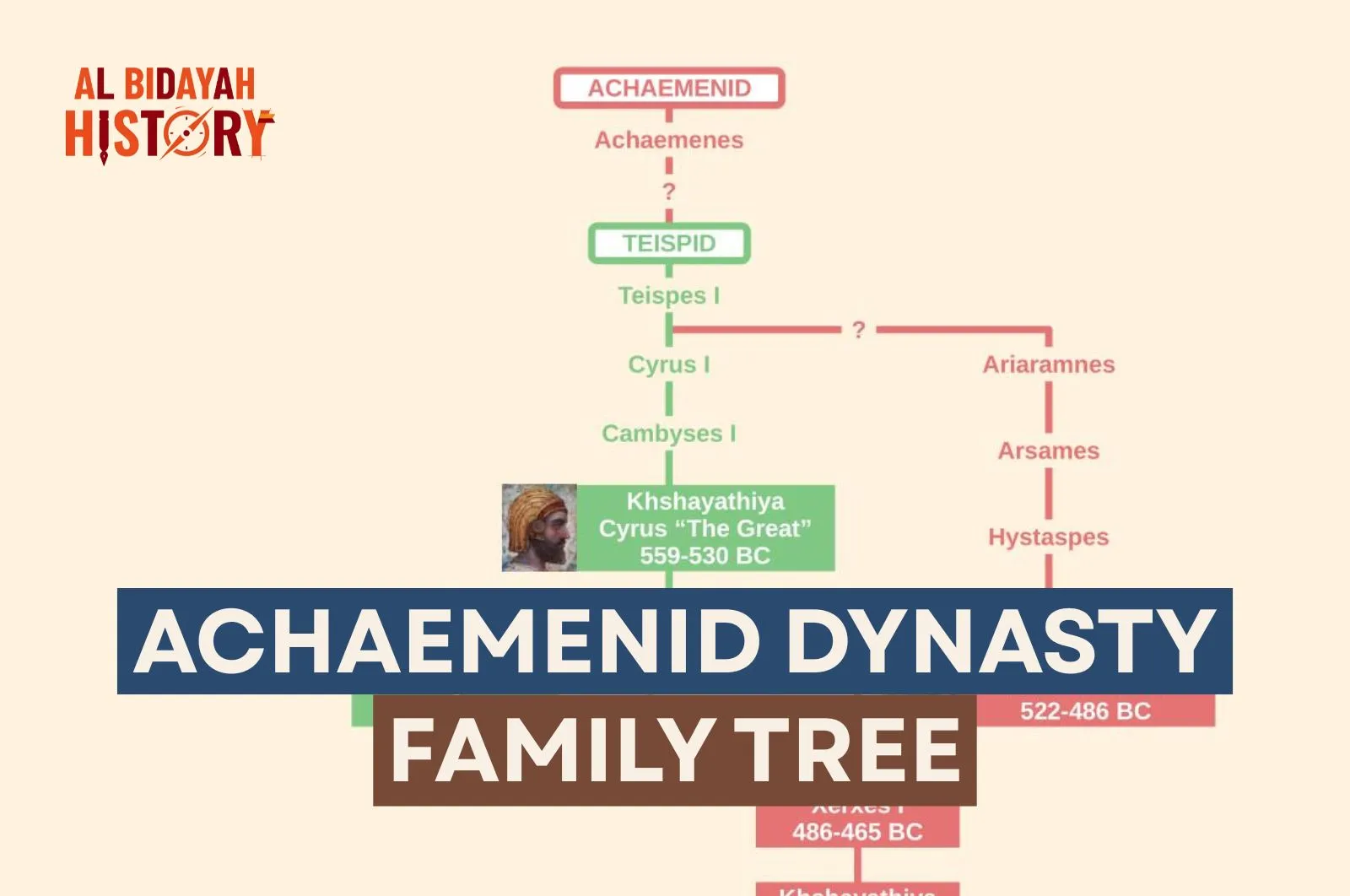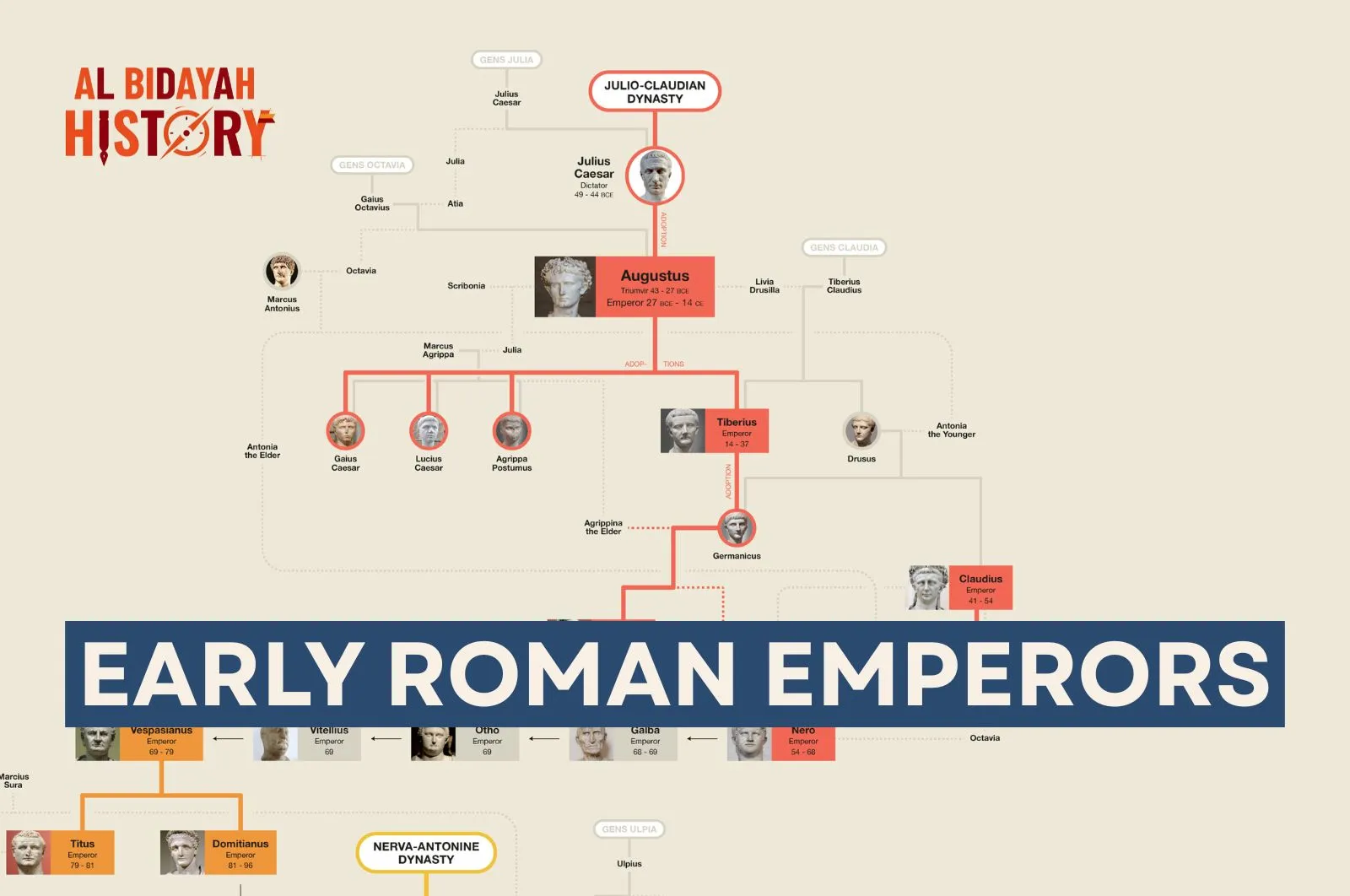In ancient Rome, beneath the towering marble pillars and bustling streets, tension simmered just below the surface. Julius Caesar—brilliant commander, sharp politician, and a man whose ambition seemed limitless—rose from political chaos to become the most powerful figure in the Republic. But his meteoric rise stirred fear, jealousy, and suspicion in equal measure. Allies grew uneasy, enemies sharpened their daggers, and Rome found itself caught between admiration and alarm. How did the Republic’s strongest leader become one of history’s most famous martyrs? The answer lies in a chain of events that changed Rome forever.
1. The Rise of a Roman Powerhouse
Caesar’s ascent began in blood and brilliance. On distant battlefields, he proved himself a strategist to rival Alexander the Great. His victories in Gaul transformed him into a hero of the people, while carefully crafted alliances with Pompey and Crassus gave him unmatched political leverage. With each triumph, his shadow loomed larger over the Senate—and over Rome itself.
2. Triumphs and Ambitions: Crossing the Rubicon
In the winter of 49 BCE, Caesar made a choice that still defines the idea of risking everything. By marching his army across the Rubicon River—an act forbidden by Roman law—he sparked a civil war and declared his intentions clearly: he would not step aside. This single moment became a symbol of bold, irreversible action, forever linked to Caesar’s relentless drive.
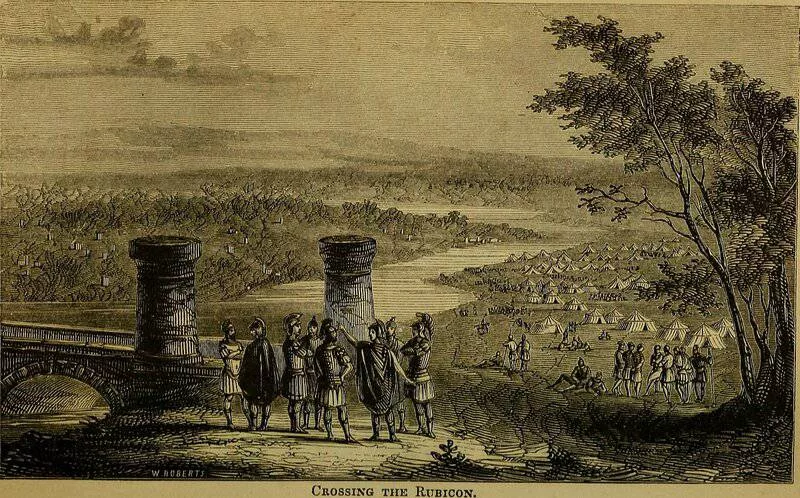
3. Dictator for Life
After emerging victorious in the civil war, Caesar secured the title of dictator for life. To many Romans, this was a step too far. The Republic, proud of its centuries-old traditions of shared power, began to fear that Caesar’s authority resembled that of a king—something Romans despised. Even his closest allies felt the tremors of tyranny.
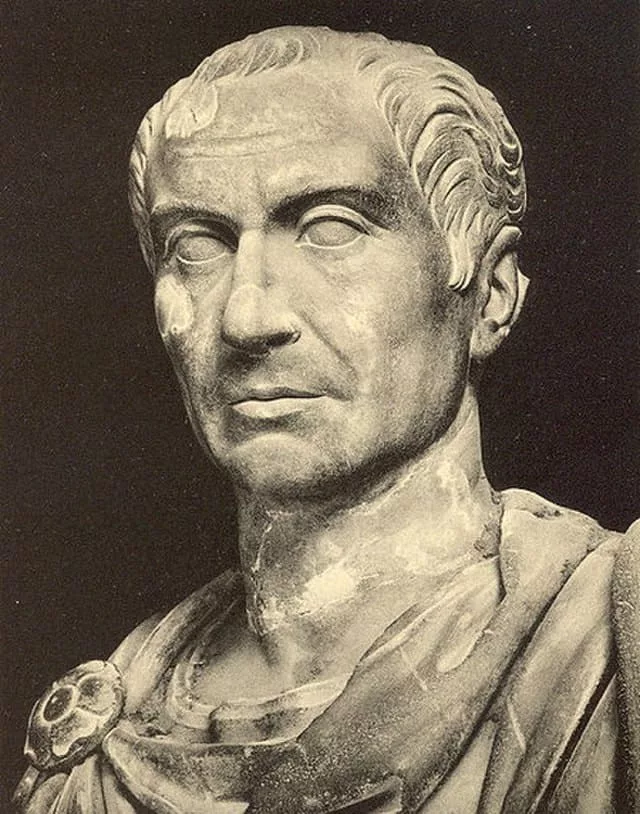
See Also: The Early Roman Emperors: From Julius Caesar to Commodus
4. Reform or Tyranny?
Caesar wasted no time reshaping Rome. He introduced the Julian calendar, expanded citizenship, restructured government offices, and redistributed land. His supporters believed he was building a stronger, fairer Rome. His critics, however, saw each reform as another brick in the foundation of a dictatorship. Bit by bit, trust in Caesar eroded within the Senate’s marble halls.
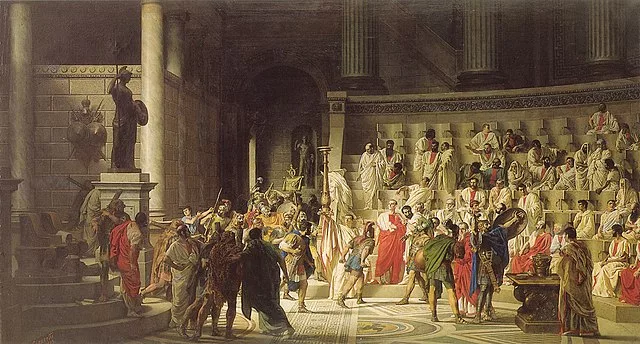
5. The Gathering Storm: Senate Opposition
As Caesar’s power swelled, so did the fear among Rome’s elite. Behind closed doors, whispers turned into plots. A group of senators – convinced they were saving the Republic—secretly formed a conspiracy to stop him. They believed that only one drastic act could preserve Rome’s ancient freedoms.
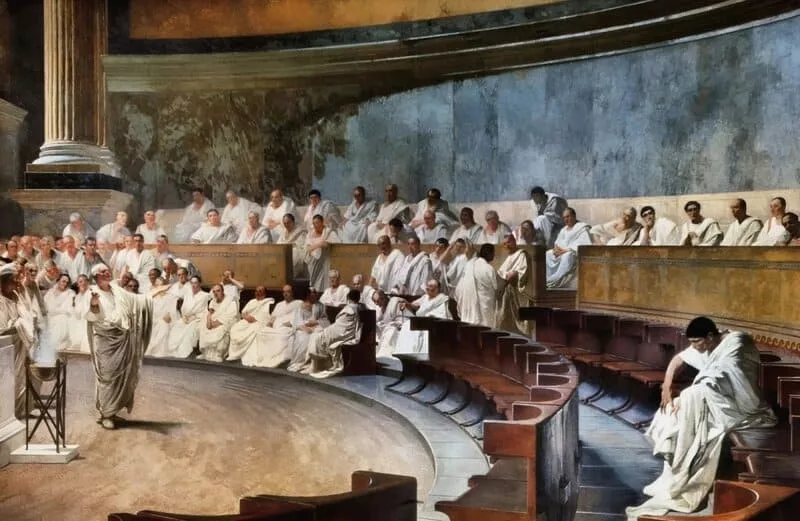
6. The Ides of March: Death in the Senate
On March 15, 44 BCE, Caesar entered the Senate House unaware of the danger surrounding him. There, he was encircled by men he trusted—only for those same men to strike him down. More than twenty conspirators lunged at him with daggers. Caesar fell at the base of Pompey’s statue, and with him, the Republic’s fragile stability collapsed.
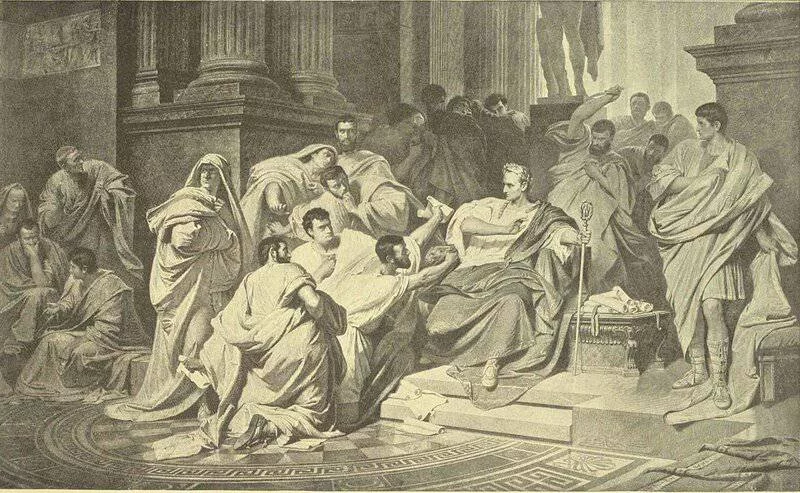
7. “Et Tu, Brute?”—A Wound Deeper Than Steel
Among the assassins was Brutus, a man Caesar regarded almost as a son. The phrase “Et tu, Brute?”—though made famous by Shakespeare—captures the heartbreak Romans felt when they realized that betrayal had come from within Caesar’s closest circle. It became a timeless symbol of trust shattered in the most painful way.
8. Chaos in Rome
The instant Caesar died, Rome erupted into confusion. Panic swept through the Forum. Senators fled. Citizens were torn between fear and fury. The vacuum left by Caesar’s fall pushed Rome toward riots, violence, and a political crisis that no one could easily control.
See Also: The Fall of Rome and the Birth of the Dark Ages Part 1
9. The Senate’s Justification
The assassins wasted no time presenting themselves as heroes. They argued that by killing Caesar, they had saved the Republic from a dictator who threatened its very soul. They declared that their blades had restored liberty, not destroyed it—even if the Roman public wasn’t fully convinced.
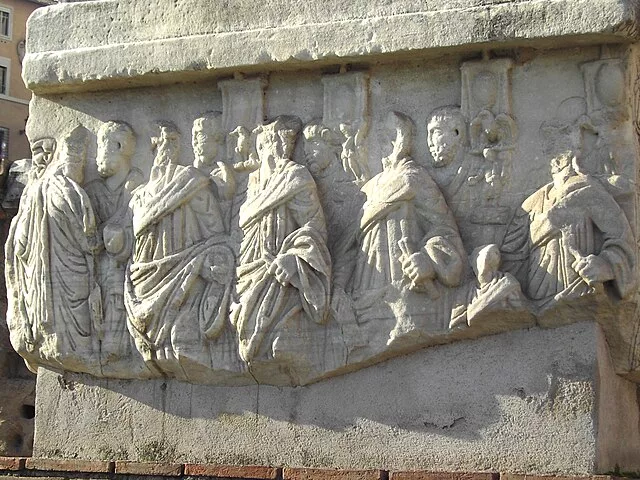
10. Rome Reacts: Grief, Rage, and Division
Caesar’s death split Rome down the middle. Crowds gathered to mourn him, remembering the leader who fed them, rewarded veterans, and brought glory to Rome. Others quietly felt relief, believing the Republic had escaped a king in disguise. The mixed emotions echoed the divided reactions that follow political assassinations even in modern times.


